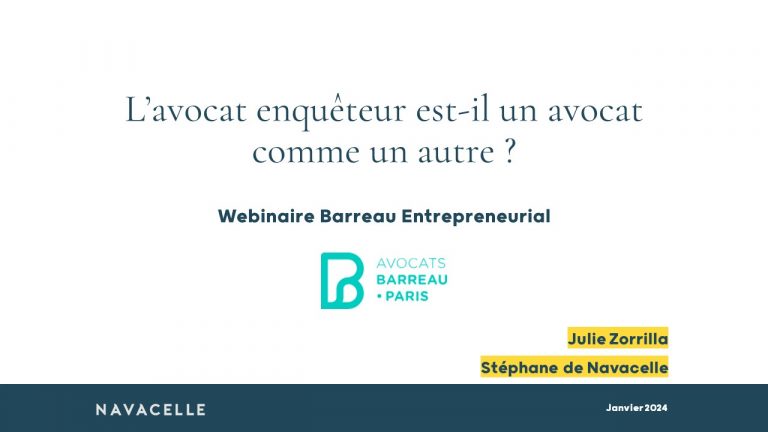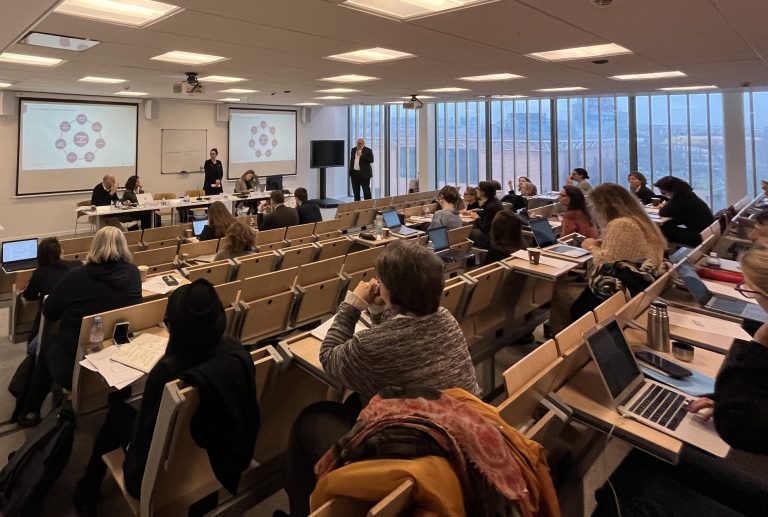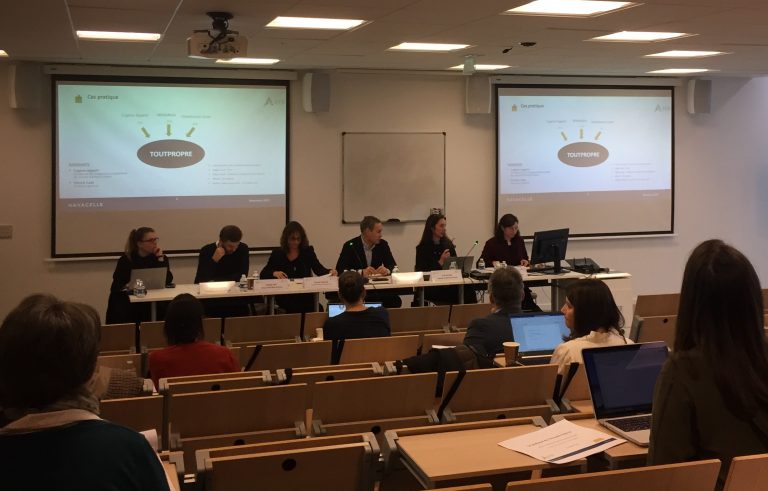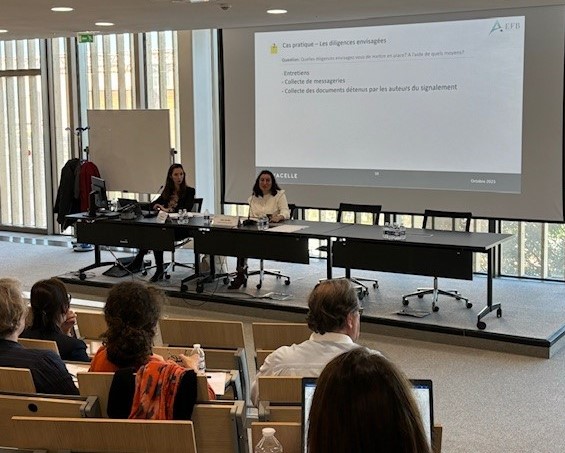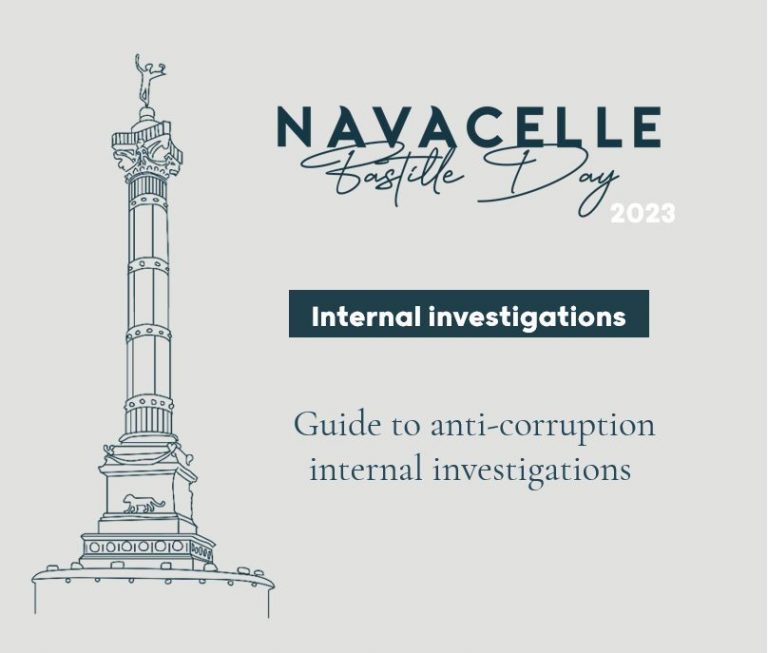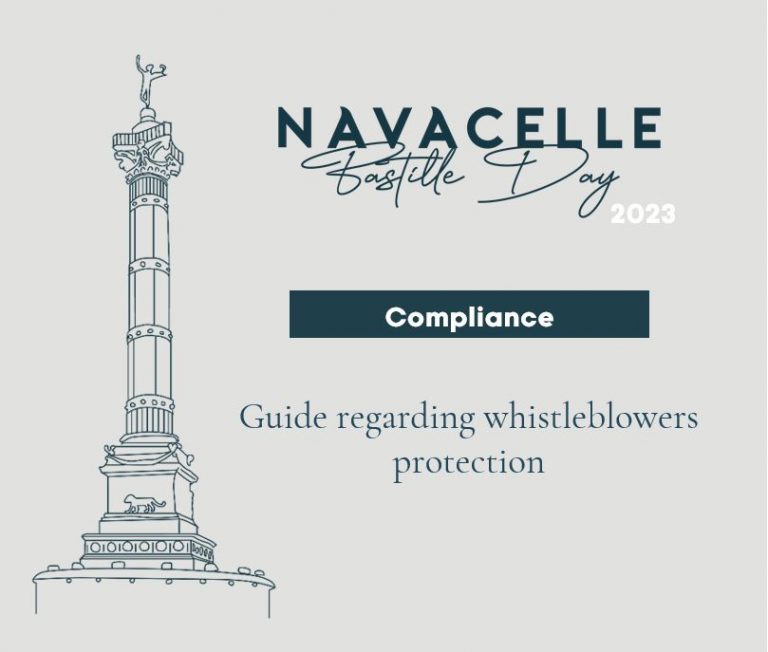In a decision dated 6 July 2022, the Cour de cassation (French Supreme Court)[1] confirmed that an internal investigation must be conducted in an impartial and confidential manner and with sufficient precautions to avoid creating a humiliating situation for the accused employee. Otherwise, this could constitute a breach of the employer’s safety obligation towards the person implicated in the internal investigation.
In this case, an employee with thirty years’ seniority in the company had been summoned on 26 December 2013 to a preliminary interview for the purpose of a disciplinary action, following an internal investigation conducted by her direct supervisor into her management methods. She had been on sick leave since 14 November 2013. On 31 January 2014, the company had then notified her of a disciplinary transfer with an amendment to the employment contract that the employee had signed on 3 February 2014. Six months later, on 31 July 2014, the occupational physician declared that the employee was unfit for her job and she was dismissed on 27 August 2014 for being unfit and unable to be reclassified.
On 27 January 2015, the employee initiated proceedings before the employment court, arguing that her unfitness was due to moral harassment. Therefore, she requested the nullity of her dismissal.
On 2 September 2020, the Bordeaux Court of Appeal ruled that the evidence provided by the employee did not indicate that the employer had engaged in moral harassment and that the dismissal was not null and void. However, the Court held that the dismissal was without real and serious cause because it was due to the employer’s culpable breach of its safety obligation. In particular, the Court of Appeal emphasized that the internal investigation into the management methods of the dismissed employee had been conducted in a biased and inappropriate manner and that the announcement of the planned sanction had been made known even before the disciplinary procedure had begun. As a result, the Court concluded that this process had been humiliating for the employee.
The company appealed to the Cour de cassation, arguing that the Court of Appeal had not characterized the employer’s breach of its safety obligation and had therefore deprived its decision of a legal basis.
I. Internal investigations in the workplace must be conducted in an impartial manner
In its decision of 6 July 2022, the Social Chamber confirmed the appeal decision, explaining that the Court of Appeal had been able to find that the employer had breached its safety obligation after noting, on the one hand, that the internal investigation had been conducted in a biased manner, since it had been entrusted to the employee’s superior, who was notoriously at odds with her, and without sufficient confidentiality precautions, since it had created a certain amount of repercussion within the company, and on the other hand, that the information about a disciplinary sanction considered against the employee in question had been communicated to the members of the management committee even before the procedure was initiated.
The Cour de cassation judges had already recalled in a previous case that the employer was required to conduct internal investigations with discretion and caution to avoid harming the interests of the accused employee.[2]
In such a case, it is therefore always important for the employer to establish an investigation plan identifying the mission and the persons involved prior to any investigative measures in order to ensure the impartiality of the investigator and of the methodology implemented.
II. The internal investigation and its disciplinary consequences should not be disclosed prematurely
The Cour de Cassation also recalled in its decision that conducting an internal investigation does not exempt the employer from complying with the disciplinary process legally imposed.
In this case, the internal investigation had begun following a meeting on 30 September 2013, during which a member of the employee’s team complained about the management actions of the employee in question.
The members of the management committee had been informed on 14 November 2013 of the proposal for a disciplinary transfer made to the employee while the disciplinary procedure had not yet begun, and would only be on 26 December 2013.
The premature disclosure of a proposed disciplinary sanction is contrary to the principle that the internal investigation and its potential disciplinary consequences must be kept confidential pending the conclusion of the investigation. This is necessary to separate the fact-finding exercise from the disciplinary process.
By behaving in this way, e. by disclosing the consequences of the internal investigation when the disciplinary procedure had not yet begun, the employer contributed to the deterioration of the accused employee’s state of health and thus breached its safety obligation.
Therefore, once again, the judges explain that an internal investigation must be carried out methodically, be proportionate, impartial and respectful of the rights of the employees so that it remains indisputable and can be used in the context of a subsequent procedure. It cannot be overemphasized that employers must pay particular attention to the consequences for the employees who participate in the internal investigation, in order to comply with the safety obligation imposed by the Labor Code.



